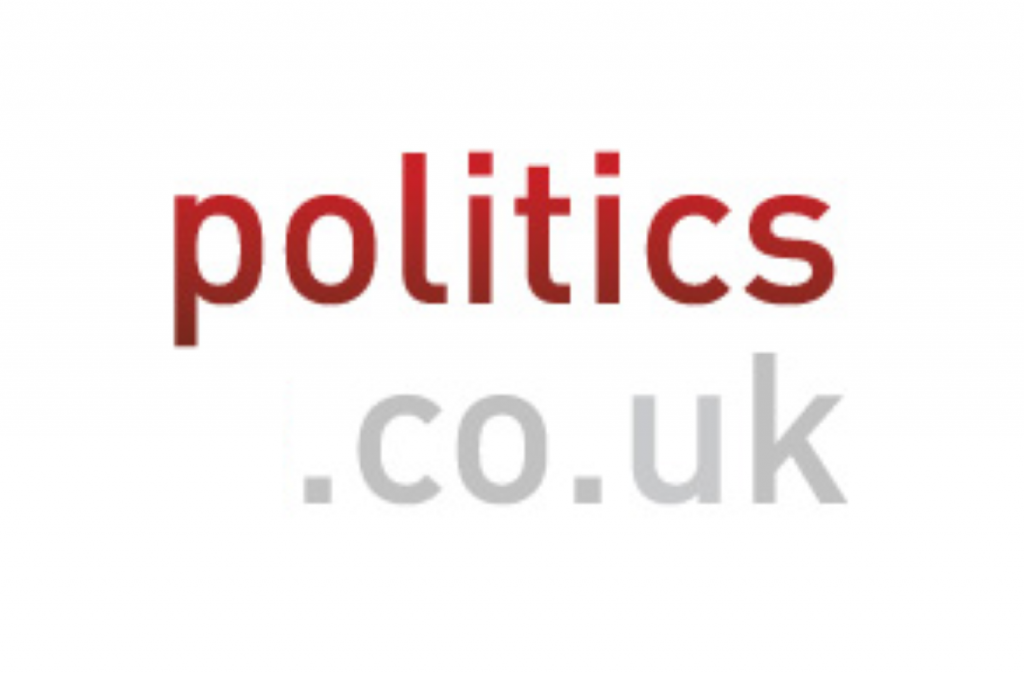Tories fail to block drinking laws
The government’s new drinking laws will come into force next week as planned after a final effort by the Conservatives to defeat them failed last night.
Tory MPs forced a vote in the Commons on the implementation of the Licensing Act 2003, but were defeated 228 votes to 302, with the government winning by a majority of 74.
The Conservatives, who were backed by the Lib Dems, argued that allowing longer drinking hours was irresponsible and would lead to an increase in binge drinking and disorder.
But ministers insist the plans, which come into effect on November 24th, will encourage “grown-up” drinking habits. They will also give more powers to local authorities to tackle pubs and clubs serving underage drinkers.


Licensing minister James Purnell last night told the BBC that the right thing to do was to let local councils decide pub closing times. He added: “If people want to have a quiet drink after going to the cinema or getting home from work, there’s nothing wrong with that.”
The vote comes after the Lords voted 133 to 92 on Monday night to back a Tory motion to delay the act for six months.
That vote was not legally binding, and was merely a sign of discontent with the legislation. But the same is not true of the Commons vote – if the government had been defeated, the Licensing Act would not have been introduced as planned.
Yesterday’s vote was the culmination of months of campaigning by the Conservatives, and comes after they began ‘praying’ against the act earlier this summer.
With certain types of legislation – such as the Licensing Act – MPs can register their objections even after royal assent is given, by tabling an early day motion within 40 days. This is known as ‘praying’ because it involves appealing to the Queen to kill the act.
Occasionally these motions lead to a debate and vote in the Commons, but normally they are referred to the delegated legislation committee where they are considered, and go no further.
The government is in charge of deciding which pieces of legislation return to the Commons floor for a vote, and it was highly unlikely that they would ever consider this option for the Licensing Act.
As a result, the Tories yesterday used their opposition day – where they set the agenda in the Commons – to force a vote on the issue, although there was no debate.
Speaking before the vote, a spokesman for the Department for Culture, Media and Sport insisted the introduction of the Licensing Act would not be delayed.
He told politics.co.uk that any delay would deny the police tougher powers to deal with drunken behaviour, and deny the public a “more effective voice” in local licensing decisions.
“The fact is that anyone who wants to delay this legislation isn’t just opposing the wishes of the government. They are also opposing the wishes of the police and local authorities – the very people who are empowered through this legislation to deliver for local people,” he said.












